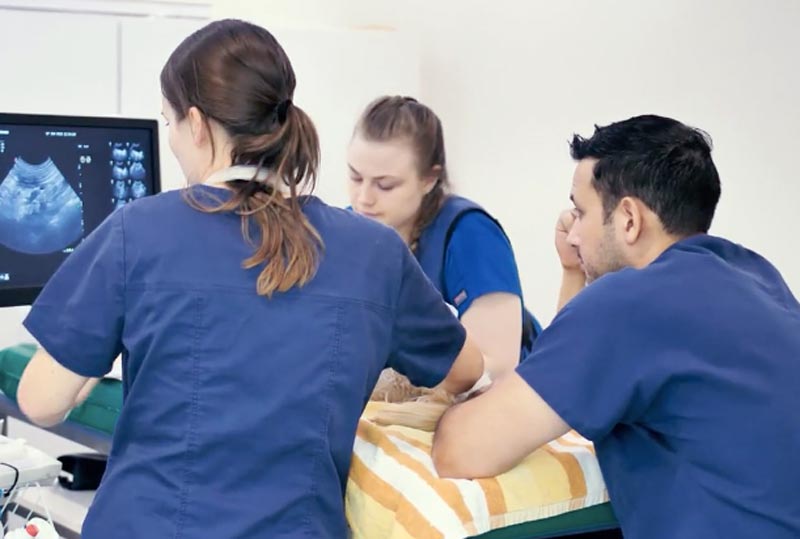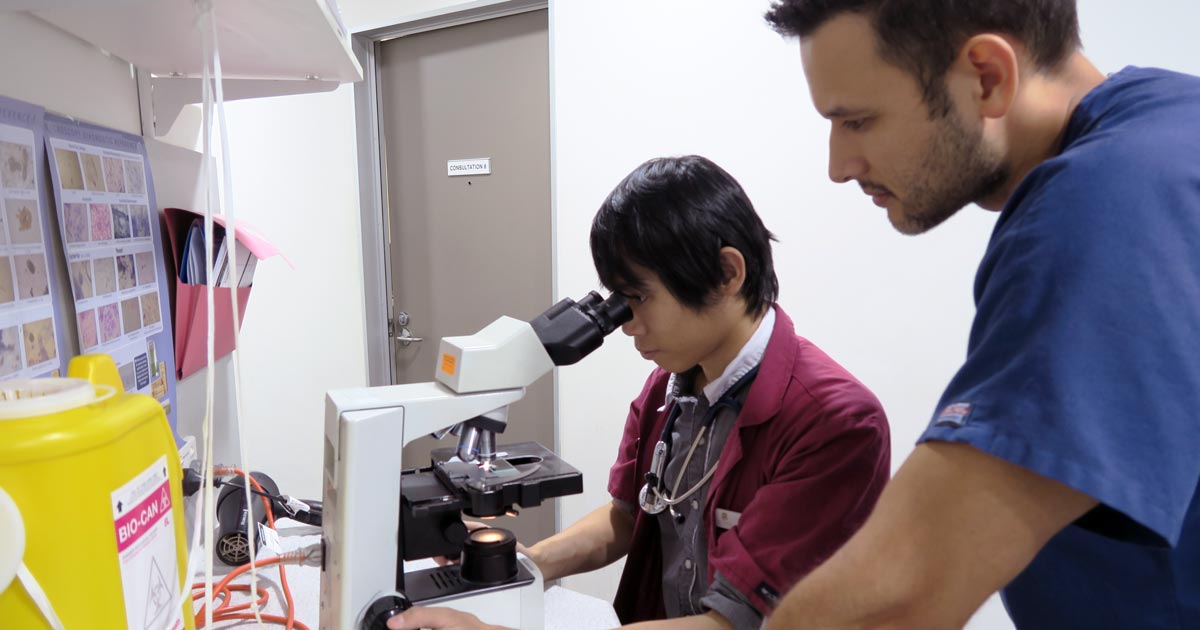A date I will never forget is 6 June. Four years previously on that day I completed the final exam of my master’s degree, marking 11 long and tough years of study.
I vowed at that point to never study again, although my love of learning didn’t allow that to last long.
Then it was crunch and career decision time – which, for a new graduate, is exciting, but also causes anxiety.
I have learned a great deal in my time since, so for all those students who recently completed their studies, firstly, congratulations and, secondly, over the next two weeks I have some tips that will help with the transition into being a new grad.
Finding your first clinic

Don’t put too much pressure on yourself to find the best fit and perfect place, or overthink the process – you are just starting out and it’s likely your focus, passion and direction will change as your career progresses.
Merits in waiting exist for a practice that fits with your wants and needs, but don’t wait forever as you need to start putting your theory into practice.
I think the most important aspect to look at is the team. A practice with an amazing supportive team would be a wiser option compared to a practice with all the bells and whistles.
The next thing would be do they offer an appropriate level of mentoring and structured learning?
Ask if they have trained vets and new grads before, and do they have training and learning resources available to guide your learning?
Perspective
Days will occur where you make mistakes and feel as though you haven’t done a good job. It’s important to be able to put things into perspective – remember, everyone makes mistakes.
I still have days where I feel like I’ve failed. It’s vital you can be clear that you may fail at a task or moment, but that doesn’t mean you’re a failure.
If you have a bad morning, don’t generalise it into a bad day or bad week. It shows much more passion, talent and character to learn and grow from a mistake.
Being a vet – especially in emergency – you have to learn to be able to stop, let go and reset a number of times each day so you are fully present for what comes next.
Understanding perspective on bad days, and asking what can you learn from this, is a skill that takes time to master, but is one that will help you a great deal in your veterinary journey.
Next week I will cover more tips when considering your first practice and starting your first role.

Leave a Reply